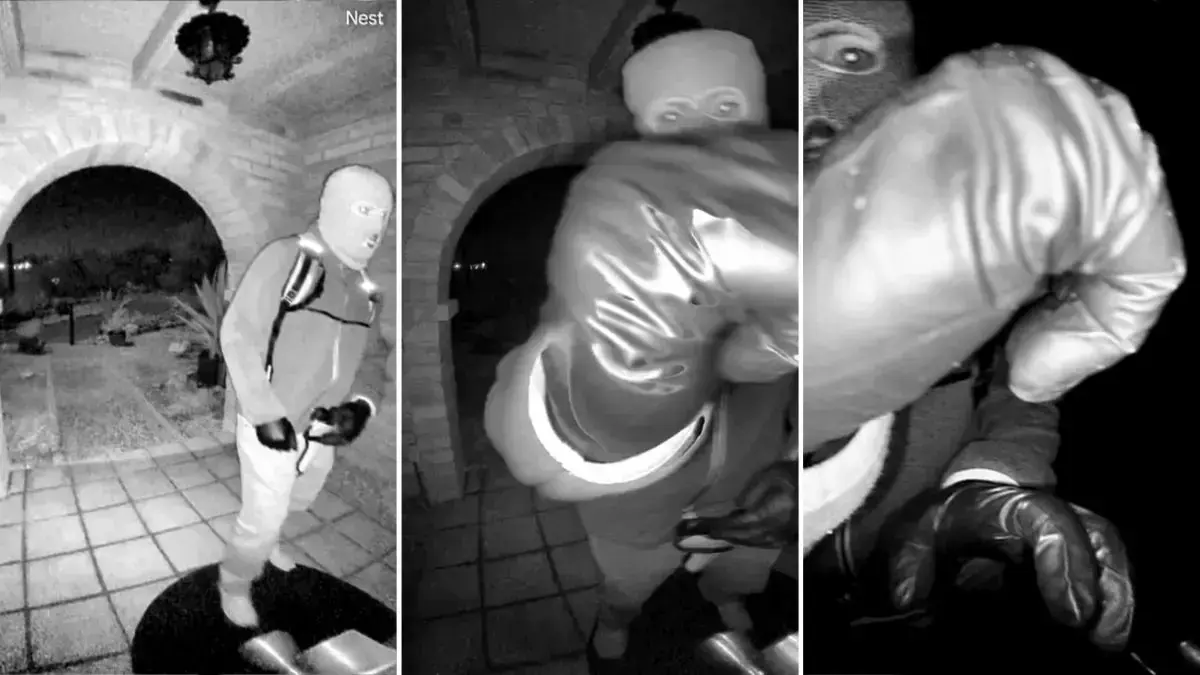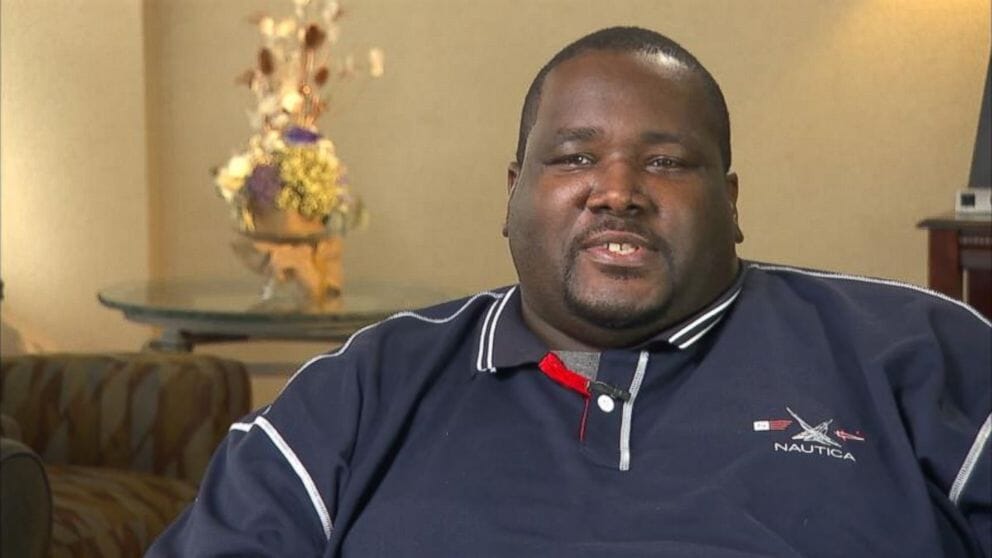BY: Walker
Published 5 years ago

Bruce Carver Boynton, the man who inspired the 1961 “Freedom Rides,” has died. He was 83.
via: People
The civil rights icon, who was the son of fellow activist Amelia Boynton Robinson, died on Monday, according to a statement issued by his friend and former Alabama state Sen. Hank Sanders.
“Bruce Boynton is an unknown hero,” Sanders wrote in a Facebook post. “He was a hero because he stood 62 years ago and forced history to go in a different direction.”
Boynton became a prominent civil rights figure in 1958 after taking a stand against racial segregation at a Virginia bus station.
That year, Boynton refused to sit in the “Black diner” of the bus station because it was “unkempt, unclean and unappealing,” and instead, insisted on being served in the “White diner … which was clean, well kept and appealing,” Sanders said.
During a 2018 interview with the Associated Press, Boyton recalled his interaction with a waitress back then, saying, “She left and came back with the manager. The manager poked his finger in my face and said ‘move.'”
“I knew that I would not move, and I refused to, and that was the case,” Boynton added.
Due to the laws at that time, Boynton, then a student at Howard University Law School, was arrested, according to Sanders.
He contested his conviction and later brought his case, Boynton v. Virginia, all the way to the U.S. Supreme Court, where he was defended by Thurgood Marshall of the NAACP Legal Defense Fund, Sanders noted.
Boynton’s actions went on to inspired the “Freedom Rides” of 1961, where activists rode buses through the South to protest segregated bus terminals, the AP reported.
Though their actions were peaceful, chaos ensued as many protesters in Alabama, Mississippi and South Carolina were arrested or attacked, and one bus was even set on fire, according to the outlet.
It wasn’t until 1964 that then-President Lyndon B. Johnson signed the Civil Rights Act into law, ending the Jim Crow-era laws.
“He prevailed and changed the law across this country,” Sanders wrote in his post, noting that even after Boynton graduated and passed the Alabama Bar Exam, he still faced discrimination in the U.S.
“For six years the State of Alabama refused to let him practice law because he had stood for justice and equality in a bus station diner in Virginia,” Sanders wrote.
In the years following, Boyton went on to work as a civil rights attorney, spending his life fighting against injustices before retiring, the AP reported.
“Bruce Boynton was a hero because he paid a price for the rest of his life,” Sanders wrote. “[He] was a hero because he helped change this country. I lift our friend Bruce Boynton. May the family and all of us who loved him find peace.”
We have lost so many warriors from that generation this year. Rest in Paradise king.










